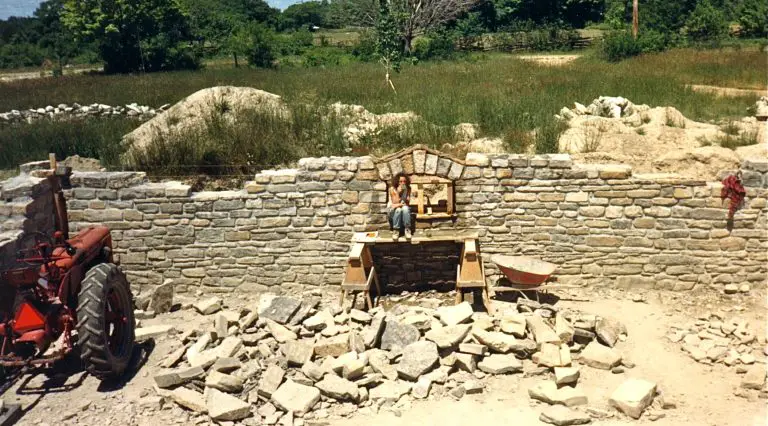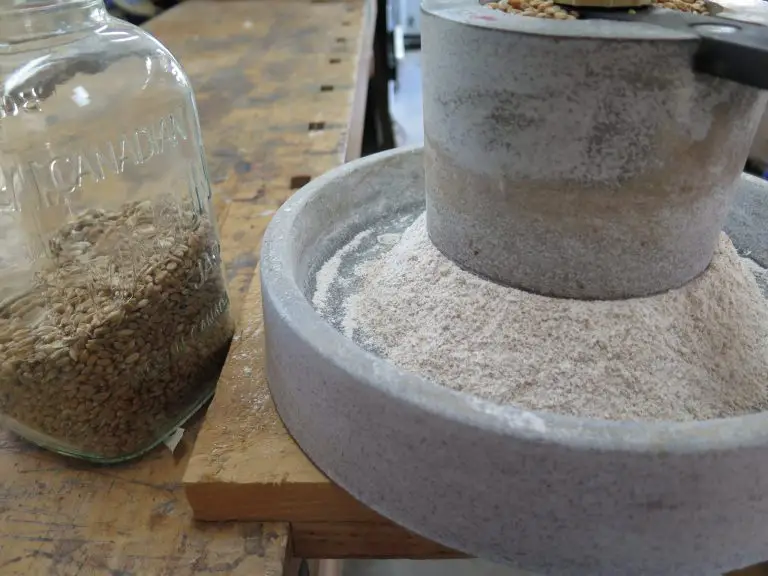
One of the strangest things in life is how the most important skills are definitely not taught at school. Many of them aren’t even discussed. Something I call the “discipline of details” comes immediately to mind. It’s one of dozens of vital life skills, many of which don’t even have a name.
No matter who you are, the ability to reliably deal with the details of life is a make-or-break skill. Some people never figure this out, and it’s painful to watch. The car doesn’t have gas when it’s needed to race off to an important appointment that came too soon. The water heater dies an untimely death because it was never flushed of sediment. Cheques bounce, keys disappear, roofs leak, work deadlines don’t get met. Do you know people who live like this all the time? I do. It’s sad to see, but it doesn’t have to be this way.
I’ve been a dad long enough to see how kids move from being teenagers who bump into the reality of details missed, to young adults who progressively learn that the little things in life can sometimes have big consequences. These things are worth paying attention to. But learning the “discipline of details” never seems to happen automatically nor painlessly. A little bumping into reality is usually required, but not even that’s always enough in some cases. Coaching from a bump-savvy parent is a big help, too.
Robert’s Cabin & the Discipline of Details
Our oldest, Robert, was born in 1990, and when he was 18 years old, he ask for permission to build a cabin in a forested corner of our rural property. I didn’t hesitate to say yes. My enthusiasm wasn’t just because it would teach him what real work felt like, but also because I knew it would challenge him to deal with a million details. In Robert’s case, it did this but much more, too.
Robert has a pretty deep perfectionist streak, and like all perfectionists I’ve met, his perfectionism operated mostly in the realm of theory, not practice. Anyone who spends significant time building things, fixing machines, wrestling with a garden or pasture fences or any kind of physical reality, eventually has perfectionism burned out of them. Either that or they go crazy. The physical world does not offer the opportunity for true perfection in anything. That’s because the world and the universe we live in is one big mishmash of perfection and imperfection, beauty and ugliness, good and evil, all mixed together. Coming to terms with the fact that true perfection is absolutely impossible in this life was hard for Robert to learn at first because so much about building never quite reaches the level of absolute perfection. A foundation, a wall, rafters and shingles only approximate perfection at the best of times. And as Robert learned, perfectionism is the enemy of productivity. The more perfectionism you allow to exist in your mind, the less you get done and the less happy you’ll be. Click here for more on thinking your way past perfectionism.
Pursuit of Excellence vs Perfectionism
It took Robert a lot of bumping into reality with his cabin to convert his perfectionism into what I call “the pursuit of excellence”. While the perfectionist is never completely happy with the results of something they do, no matter how good the results are, the pursuit of excellence is different. It’s all about aiming to do the best possible job you can (so it looks like perfectionism on the surface), but being satisfied with the results, whatever they are. Robert is now a pursuer of excellence and only occasionally lapses into perfectionism. He’s also got pretty good at details, too. In fact, he may be better than me.
My wife and I have five kids, and our middle guy, Joseph, bumped into reality pretty hard a few years ago when it came to details. Joe managed to earn himself a track and field scholarship for shot put at the University of Tennessee in 2016, but lets just say things didn’t go perfectly smoothly until Joe learned how to manage all the details of classes plus training and competitions. The life of a student athlete is completely filled. When Joseph started university he was the same age as Robert when he started his cabin. Things got a whole lot better for Joe a few years later when he learned to make lists and calendars part of his life. Joe isn’t a natural detail man, so none of this happened automatically. Reality can be a wonderful teacher.
Discipline of Details in Real Life
So what does the discipline of details look like in the real world? For me it begins with keeping the right kind of lists, checking them and putting their contents into action. This sounds like trouble, but it hardly takes any time. It saves much more than it costs. The discipline of details also means never putting things off unless you have to. A couple of days ago I noticed a wiper blade failing on my van. I ordered replacements right away and now I’ve got a new set on my workbench. I’ll be installing them right after I finish this article. The same list-writing, list-checking habit helps me with projects I’m building, supplies I need for the homestead, items that need fixing and ideas for work and this website. I couldn’t do without my lists and you should not try to, either.
To some people all of this might sound like it takes the fun out of life, but I’ve found just the opposite. When you take care of details, details take care of you. Like so much in life, it requires a little more effort up front, but pays off with a lot of benefit later. Have you ever thought about the discipline of details in your own life? Let me know at [email protected].












